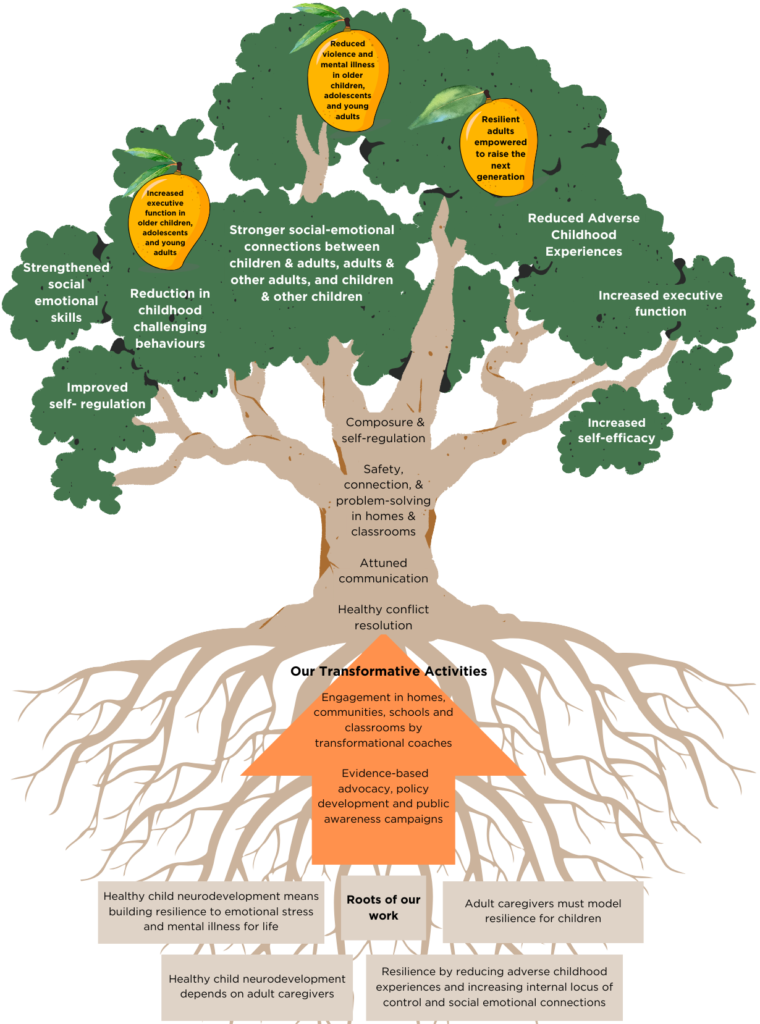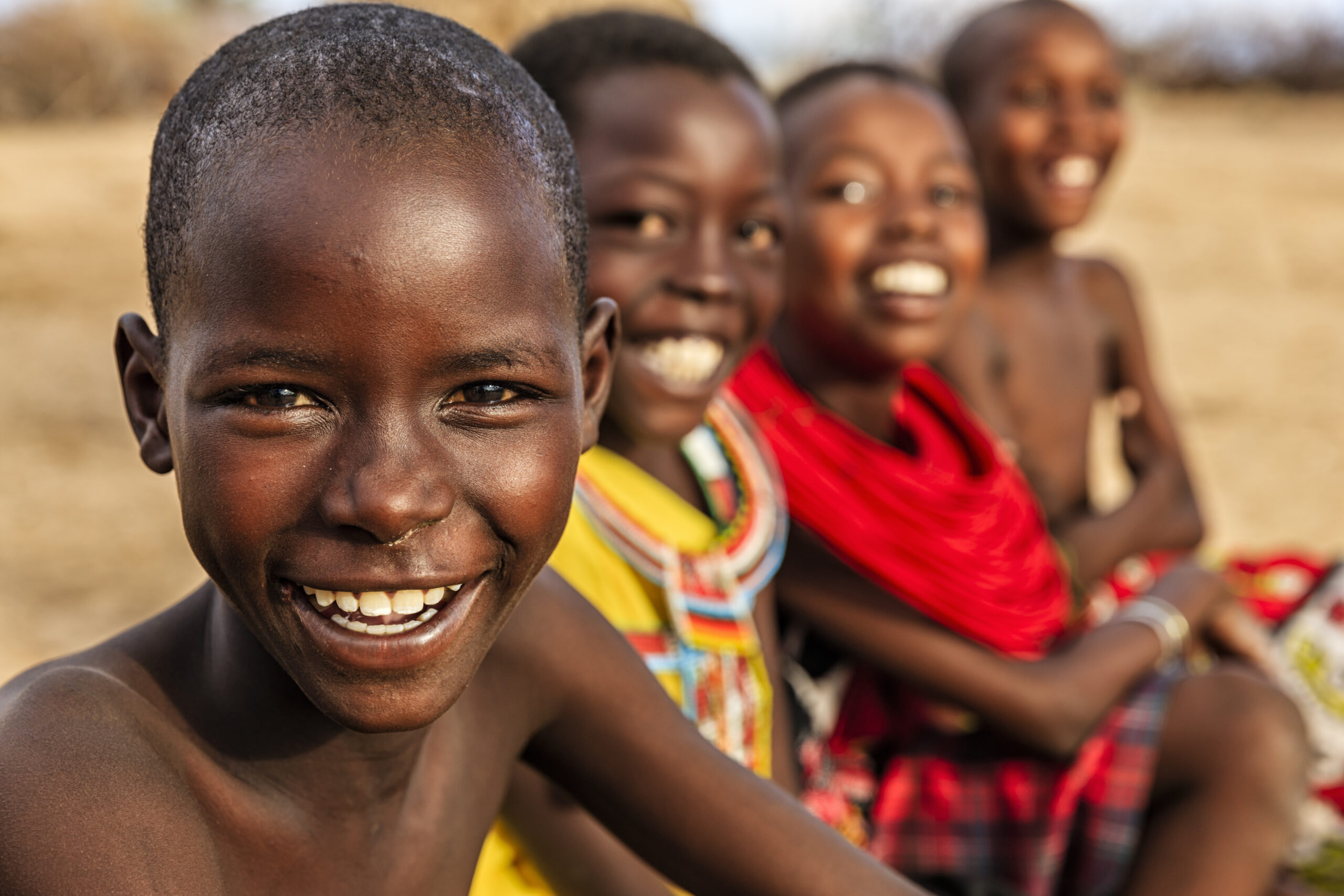Interventions
EACCN employs the Conscious Discipline curriculum to equip adults with skills for fostering physically and mentally healthy children.
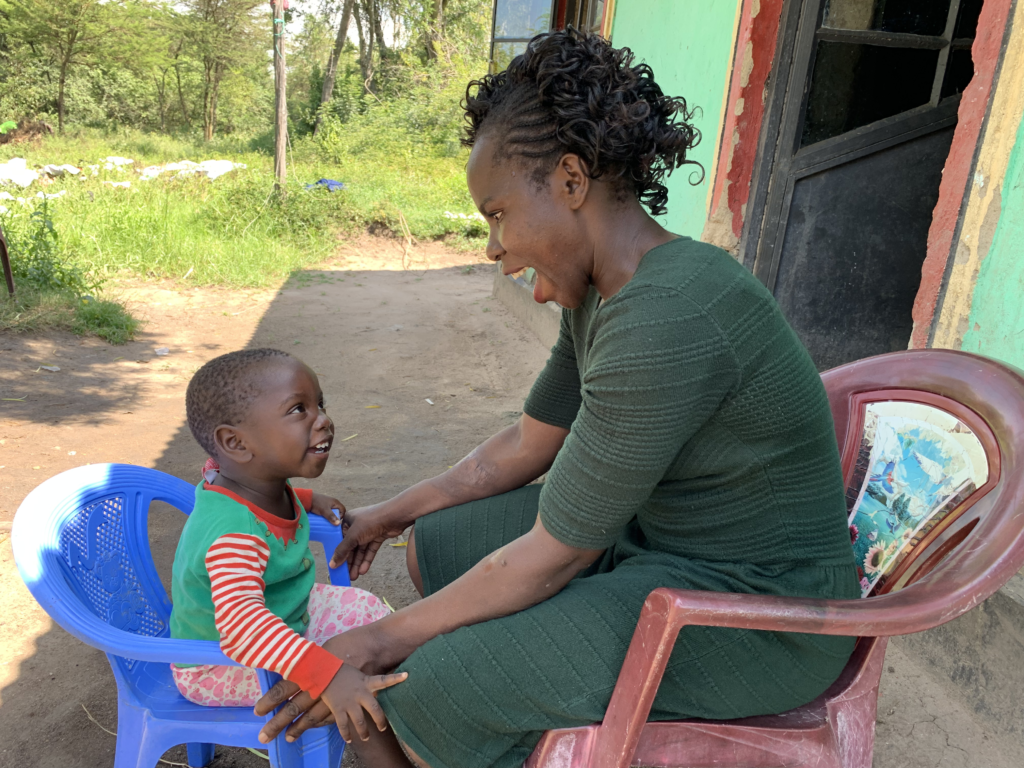
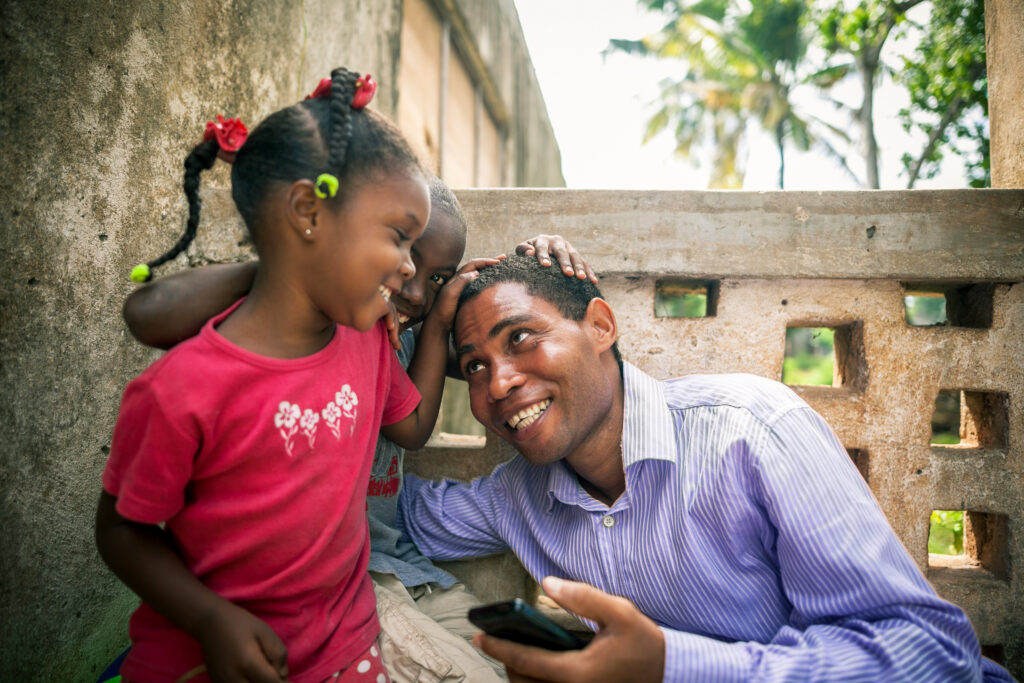
Emphasizing young children’s innate inclination for secure relationships, we aim to encourage curiosity and exploration within structured environments.
Our outreach extends to homes, communities, and schools, collaborating with various stakeholders including parents, caregivers, teachers, principals, and community leaders. We closely engage with parents and elected officials.
Assessments
EACCN emphasizes establishing baseline data, and detecting and addressing neurodevelopmental disorders.
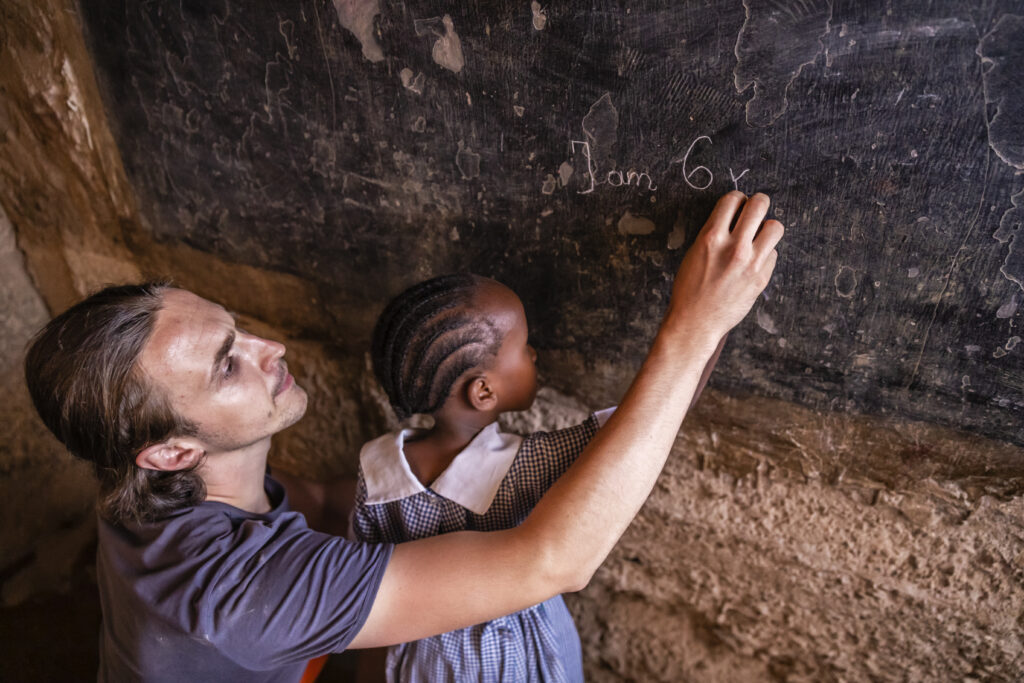

Drawing from CCCN’s work in the Caribbean region, EACCN will build capacity for culturally appropriate neuropsychological assessments, recognizing the importance of tailored measurement tools.
This work will address the challenge of inefficient early childhood development (ECD) assessment data in East Africa and other developing tropical regions by including tailored assessments to intervention work to accurately assess the impact of the intervention on child neurodevelopment.
Policy Advising
EACCN employs both ‘bottom-up’ and ‘top-down’ approaches to account for the complexity of Early Child Development including social, cultural, relational, biological, and genetic factors that all impact how the child develops.

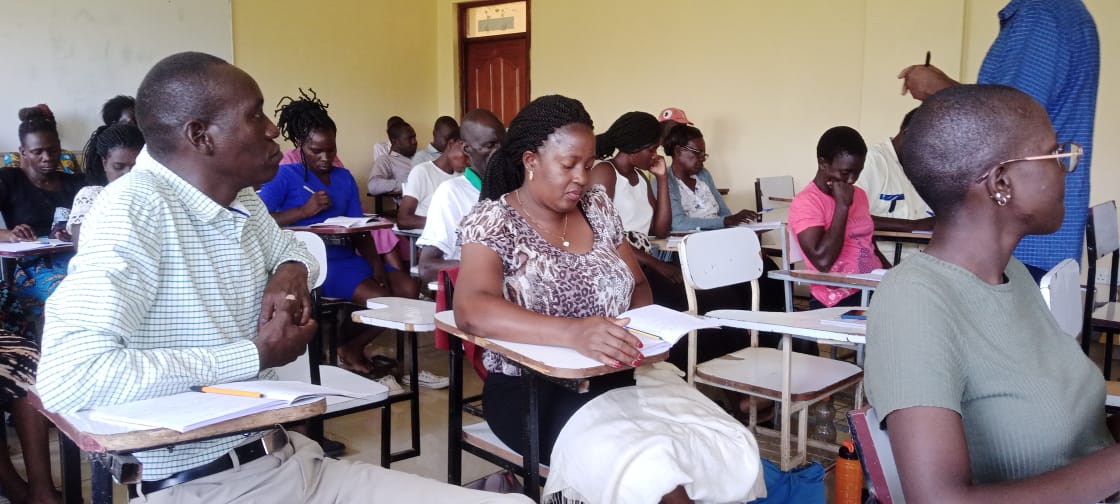
‘Bottom-up’ initiatives support the development of young children by, for example, maximizing individual safety, physical health, mental wellbeing, nutrition, and knowledge among pregnant women.
‘Top-down’ approaches address the social and cultural factors affecting ECD. For example, preparing evidence-based policy reports for government and non-governmental organizations to establish laws and implement policies.
Public Health
EACCN supports the health and well-being of pregnant woman and their young children as a key component to ensuring children develop into healthy, resilient, and socially minded adults.


This approach benefits both children and society at large.
Framed within a public health perspective, EACCN’s child neurodevelopment experts work to impact the knowledge, attitudes, and behaviours of the public at larger. Additionally, EACCN conducts public awareness campaigns, evaluates their impact, and collaborates with both government and non-government organizations to examine and optimize public health policies, frameworks, and behaviours.
Our Approach
Child development is complex, and parenting is the most difficult job on Earth. This is why the EACCN implements a multi-pillar approach that draws on the latest and most impactful research across to a number of disciplines while focusing on the empowerment of caregivers. We engage parents in homes and teachers in classrooms via transformational coaches. This engagement strengthens composure and self-regulation in adult caregivers, increases safety, connection and problem-solving in homes and classrooms, increases attunement and communication and supports healthy resolution of conflict. The result is stronger social emotional connections between adults and children, adults and other adults, and children and other adults. We also see strengthened social emotional skills, improved self regulation, increased executive function, increased self-efficacy, and a reduction in childhood challenging behaviours.
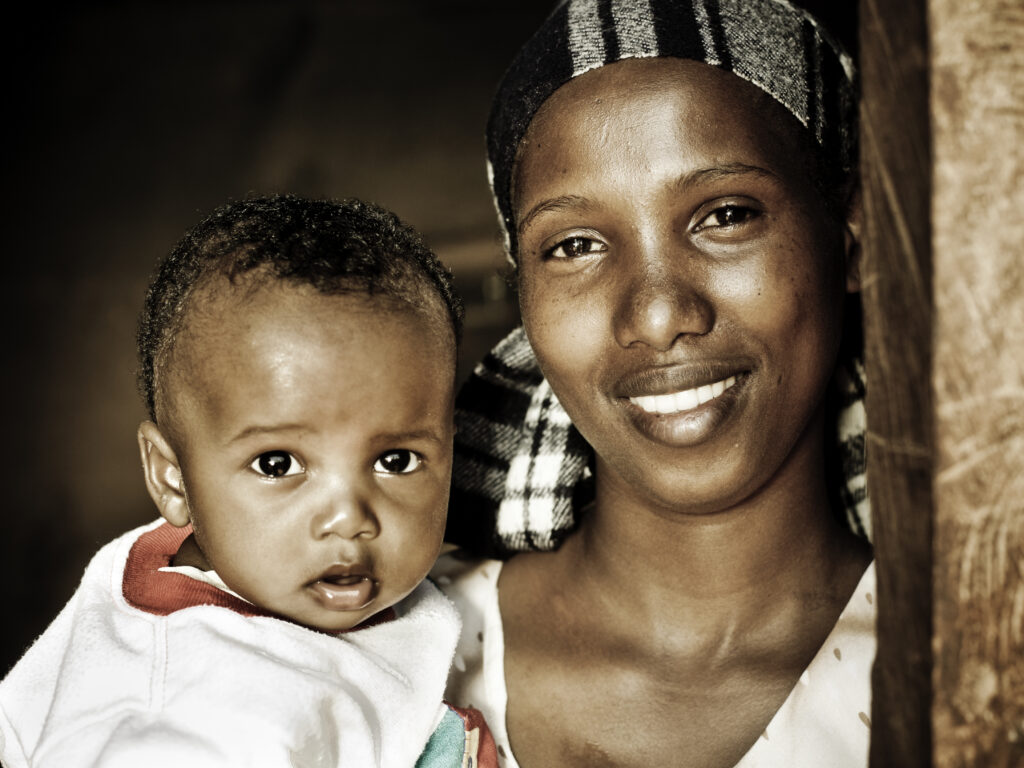
Our Theory of Change
